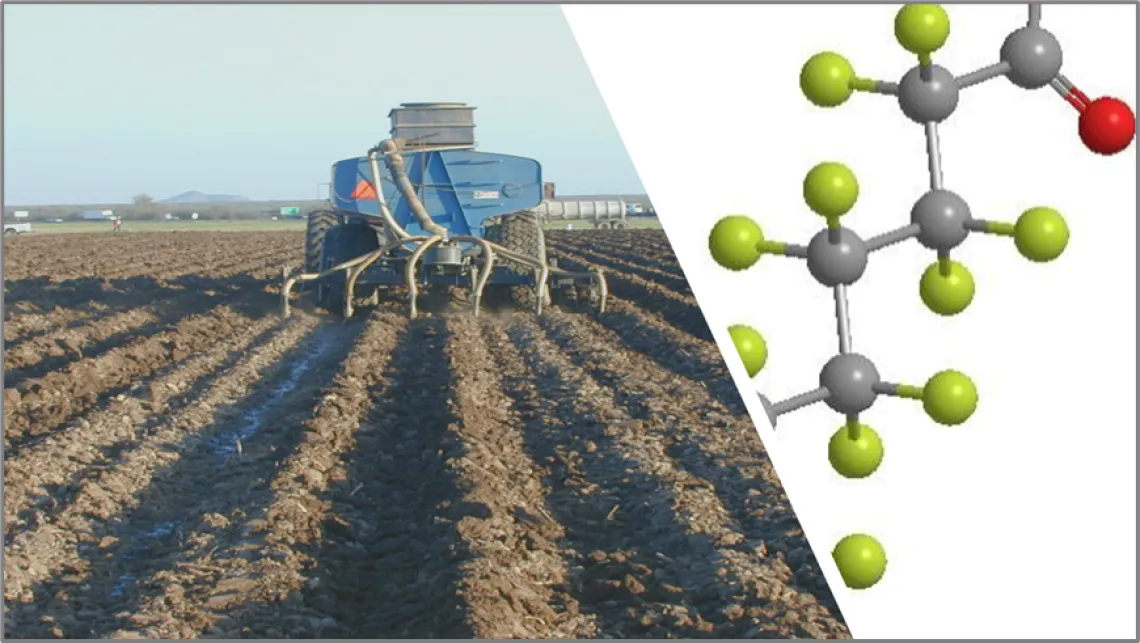Call for Support: National Collaborative PFAS Project

With growing concern that land application of biosolids could be banned due to possible PFAS contamination of groundwater and/or crop uptake, WEST Center and other are developing a collaborative study to evaluate the incidence and mobility of PFAS following land application of biosolids.
The project is gathering interest and momentum. To join the effort, read the memorandum below from Principal Investigator (PI) Dr. Ian Pepper (May 2022) and consider supporting with a pledge.
**************
MEMORANDUM
TO: Parties interested in the National Collaborative PFAS Project
FROM: Ian Pepper, Director WEST Center
SUBJECT: National Collaborative PFAS Project Update
Fundraising for the project has gone well and we currently have pledges for $270,000, with more pledges in the process of being approved. For those of you that have already made a pledge, we thank you. For those of you who haven’t, please consider making a pledge. If you make a pledge, we ask that you use the necessary language in the pledge form.
- Payment timeline and invoicing
Pledges received in the form of donations to the University of Arizona Foundation using the language in the pledge form (above) will allow work to proceed with only a 6% indirect fee. In addition, the donation will be tax deductible. Invoices will be sent to pledging organizations directly from the University of Arizona following the receipt of your pledge form. Donations can be a one-time payment, or a payment schedule can be worked out, depending on your needs.
- Finalizing scope of work
The next step for the project is to develop a final “scope of work.” To do this, all aspects of the project will be discussed at the W4170 meeting in Riverside California (June 5-7). This meeting is attended by the leading national academic experts on land application of biosolids, and fate and transport of PFAS in soil. Following the meeting, PIs will distribute the “scope of work” to others for review. The scope of work for Year 1 will focus on incidence and mobility of PFAS derived from biosolids; Year 2 will focus on crop uptake.
- Selecting study sites
If study funding is received and scope of work completed as planned, the project team will identify potential sites for the study in July/August 2022 and begin soil sampling in September 2022.

